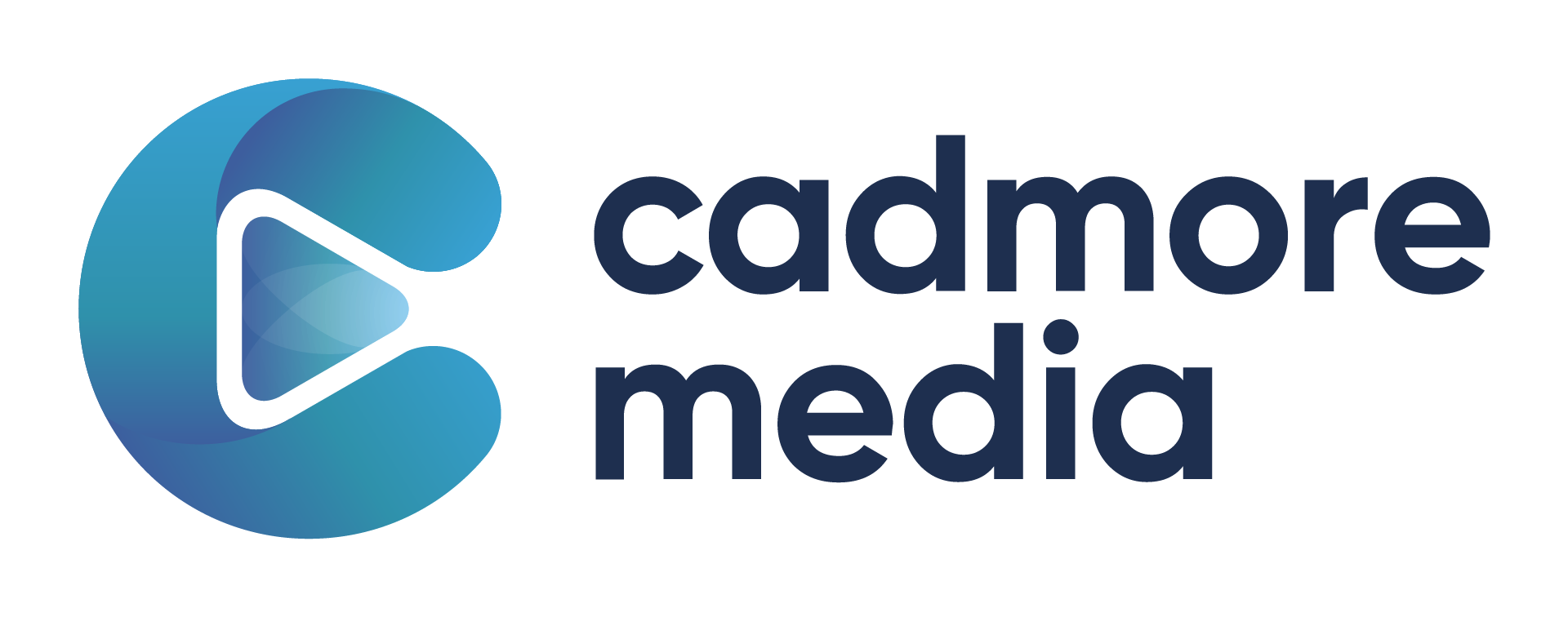Cadmore media player playing audio DOACs in Patients with Bioprosthetic Tissue Valves
Audio Player
Accessibility
Using forms mode, you can utilize keyboard shortcuts to make usability more efficient.
Space bar will play and pause the audio. Pressing escape will close all displays and pressing it again will jump to the end of the player.
You can press A to open the Keyboard Shortcut Dialog which also provides an audio description of the player and all of its features.
Transcript
Segments
Segment:0 .
>> Practice Impact Extra podcasts are derived from Hurst's The Heart Board Review and other online resources available only through accesscardiology.com. >> There's been some interest about whether or not DOACs could be used and used safely in patients with bioprosthetic tissue mitral valves. And so, I believe that we continue to search literature for information that can be helpful in making a determination. [ Music ] Hi, I'm Dr. Bernie, and welcome to Practice Impact Extra.
The American Heart Association and American College of Cardiology guidelines recommend for non-valvular atrial fibrillation, DOAC, meaning direct oral anticoagulation, is the first tier of recommended treatment where warfarin now is the second tier. For a mechanical valve, anticoagulation should be warfarin with or without atrial fibrillation. But what is known about the use of DOACs in patients with bioprosthetic tissue mitral valve and atrial fibrillation?
Until recently there was a lack of solid data in regard to this. The RIVA trial, which was published in the New England Journal of Medicine in November 2020, is a randomized open-label trial of rivaroxaban 20 milligrams, which was also renally adjusted daily, to warfarin maintaining an INR between 2 and 3. The trial enrolled 1,005 patients with atrial fibrillation and a bioprosthetic mitral valve from 49 sites in Brazil.
The mean age was 59. And very importantly, 18% of the patients were less than 3 months and another 17% were less than 1 year post-operatively. The duration of follow-up was 1 year. What were the principal outcomes? The primary outcome was mean time of death, major cardiac events, and major bleeding. And the trial was significant for non-inferiority of DOAC compared to warfarin.
When you looked at the composite endpoints at 1 year, and this is rivaroxaban compared to warfarin, CV death or thromboembolic event was 3.4% in the RIVA group versus 5.1% in the warfarin group. Any stroke, 0.6% versus 2.4%. Valve thrombosis, 1% versus 0.6%. And any bleeding was 13% versus 15%.
If you looked at a subanalysis, it did reveal a significant enhanced outcome for those patients who were less than 3 months post-op when they were begun on rivaroxaban. My interpretation is that I think this is one of the first trials to directly evaluate the role of DOAC in patients who were post-op mitral valve replacement with a bioprosthetic tissue valve and atrial fibrillation. It absolutely provides important insights and solidifies our knowledge in this group.
However, I thought the trial did have limitations. It did involve a younger age group that had a low HAS-BLED score. You've got to be careful and do not extrapolate this trial to patients with bioprosthetic aortic valve, patients with mitral stenosis with likely rheumatic fever as the etiology, or mechanical mitral and aortic valve. For these, warfarin continues to be recommended as the anticoagulation. However, despite these limitations, the results can be practice-changing and provide some reassuring evidence that rivaroxaban for this particular group could be considered.
Thank you again for joining me and see you next time on Practice Impact Extra. >> We hope you enjoyed this podcast from McGraw-Hill. Subscribers to AccessCardiology have instant access to over 25,000 pages of rich medical content, receive medical updates from trusted experts, and have access to other special features. To subscribe or learn more, please visit accesscardiology.com.
-
You Size - Responsive
-
We Size - Responsive
-
Picture Overlay Popup
-
400 x 225
-
512 x 288
-
400 x 700
-
768 x 1024
-
1024 x 512
-
1280 x 608
Accessibility
Using forms mode, you can utilize keyboard shortcuts to make usability more efficient.
Space bar will play and pause the media.
You can press A to open the Accessibility Dialog.
This describes many other keyboard shortcuts for media controls.
The video is currently set-up to show just a clip from 0:00 to video end. You have requested to see a portion of the media outside of the clip.
Click OK to switch to the full media or click if you would like to stay inside the clip. You can always go back to the clip with Tools and Clip Mode
